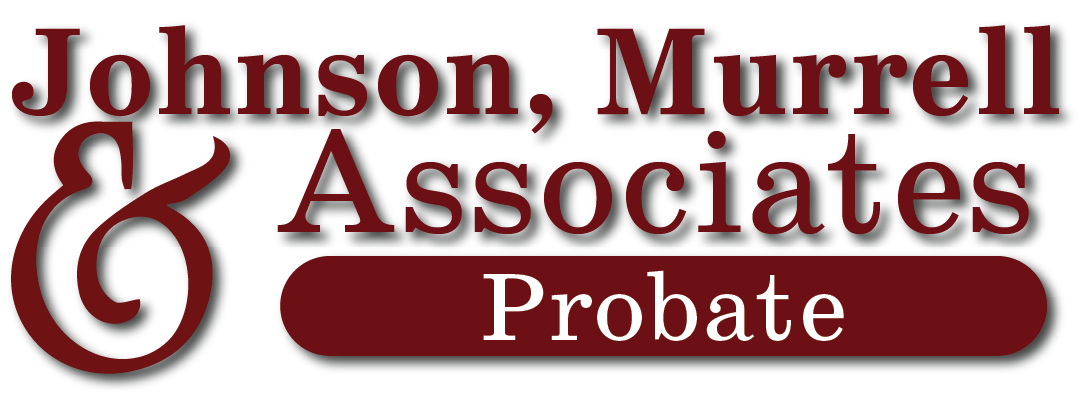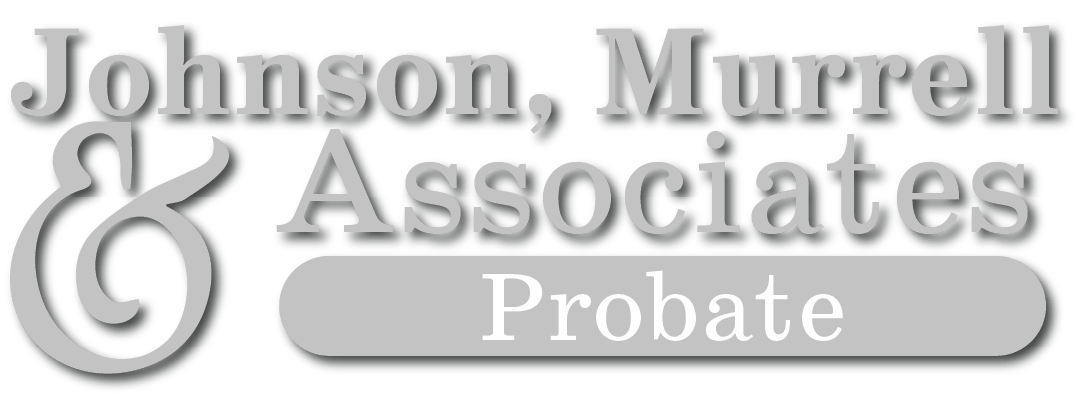When you die, your digital life is often inaccessible due to password protection and website terms of service. While this protects privacy, it complicates access for executors. Without proper provisions, managing or retrieving digital content becomes challenging, limiting the ability to settle or preserve your digital legacy effectively.
Digital assets include emails, smartphones, social media, files, and online banking. You can share passwords via recovery emails, password managers, or a “death binder” for ease after you die. Designate legacy contacts and update estate plans to manage your digital footprint as desired following your passing.
What Are Digital Assets?
Digital assets are online or computer-based resources with monetary or sentimental value. They come in the form of email accounts, social media profiles, digital photos, videos, online banking, and investment accounts. Other popular digital assets include cryptocurrency holdings, domain names, and other digital files and accounts that hold personal or financial significance.
Email Accounts
Everyone has an email address in this day and age, with U.S. adults holding an average of two accounts. They are essential for communication and authentication, especially for password resets. Without access to someone’s email, navigating and recovering various online services becomes challenging, highlighting their indispensable role as digital assets.
Smartphones
Smartphones are crucial digital tools, but forgetting the passcode can lock users out entirely. Apple, known for stringent privacy measures, refuses to unlock phones even for deceased users. This underscores the device’s significance in personal data storage and communication, as well as the stringent privacy standards set by leading tech companies.
Social Media Accounts
Having access to a person’s social media accounts after their passing provides closure and preserves memories. With U.S. individuals having an average of 7 accounts, these platforms hold significant personal history and connections. Access allows loved ones to commemorate, cherish, or manage these digital legacies, honoring the deceased’s online presence.
File Storage Accounts
Access to a person’s file storage accounts after their passing is important since they may be home to cherished photos and videos along with important personal documents. This includes services such as:
- Dropbox
- Google Drive
- Microsoft OneDrive
Retrieving these digital assets preserves memories, aids in estate settlement, and ensures important files aren’t lost.
Login Information for Online Banking and Insurance
Having access to a person’s online banking and insurance login information after their passing can be crucial for executing the will. While banking and insurance details can often be obtained through the probate process, direct online access streamlines it. This access ensures timely management of affairs, aiding in estate settlement and fulfilling the deceased’s wishes.

What Happens to Your Digital Life When You Die?
When you die, your digital life undergoes various transformations. Overall, managing a deceased person’s digital legacy becomes essential for preserving memories and settling affairs.
Work email accounts typically belong to employers, so you’ll need to follow their policies when a loved one passes away. Email providers often don’t release passwords even with a death certificate, even for personal accounts. To posthumously manage or share account access, Google suggests setting up recovery emails or transitioning to an inactive status.
Social accounts can become tribute walls where friends and family share memories after they pass. However, without specific instructions, platforms usually memorialize the account, freezing its content but allowing viewing. Close family may request removal or manage the account as a digital life, honoring the person’s online presence.
When a loved one dies, their online banking and insurance login information becomes important for managing their estate. Some sites automatically delete inactive accounts per their terms. Settling financial affairs becomes challenging without access. It’s vital to store this login information securely or provide it to trusted individuals to facilitate estate settlement.
Provisions You Can Make
You can make provisions to ensure smooth access and prepare your digital life after passing away. The simplest approach is sharing passwords through a:
- Recovery email
- Password manager
- “Death binder” with stored information
Additionally, set up legacy contact options on social media platforms to manage or memorialize your account.
As part of your estate plan, you can designate provisions for your digital assets. Leave instructions with your executor regarding accessing and managing your digital accounts, including passwords and login information.
Specify your wishes for each account, whether it’s:
- Closure
- Preservation
- Transferring ownership
Consider including digital assets in your will or creating a separate document specifically for digital asset management. Be sure to regularly update this information to reflect any changes in accounts or passwords. By doing so, you’ll ensure that your digital life is handled according to your preferences after you pass away.
Need help making an estate plan? Contact us today to get started!
Digital assets encompass online resources like email accounts, smartphones, social media profiles, file storage accounts, and online banking or investment accounts. Plan ahead by sharing passwords through recovery emails, password managers, or a “death binder” to simplify the process. Designate legacy contacts, update estate plans, and specify wishes for each account to ensure that your digital life is managed according to your wishes after passing away.
At Johnson, Murrell, & Associates, we understand that handling a loved one’s estate and bills after their passing is an emotional, stressful experience. Our job is to make your life easier, which means guiding you through the process so you understand what’s to come. To schedule a consultation, call us at 865-453-1091 or schedule an appointment.



